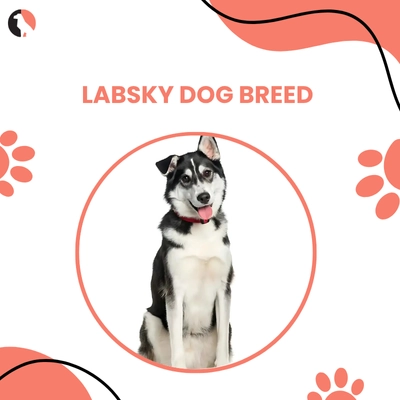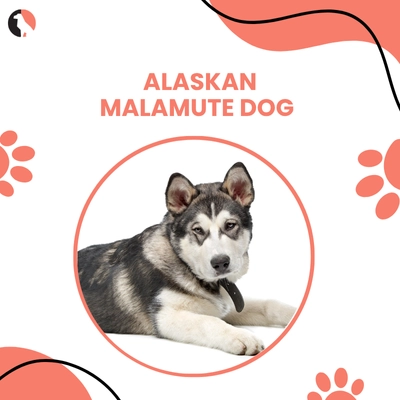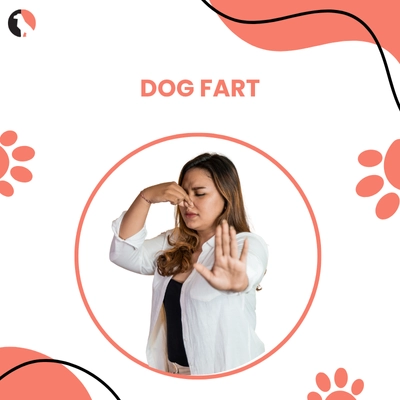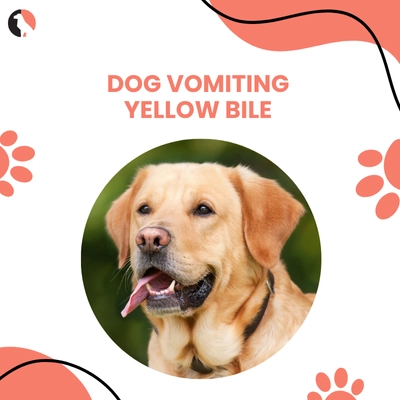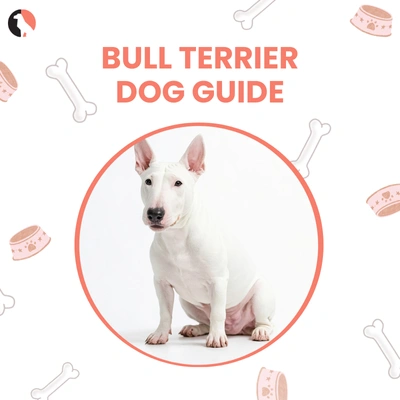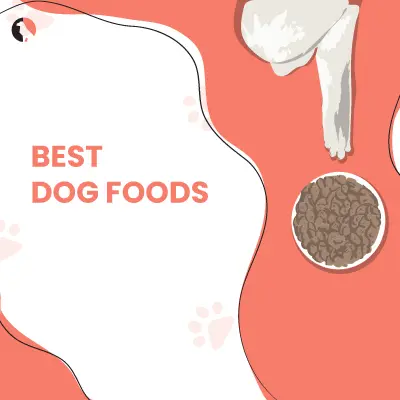Dogs are meat eaters and they adore meat, therefore most owners may wonder whether only meat on its own can be good for the dog. Wild dogs and wolves are meat eaters and therefore they eat meat after all. That means, should your pet be having a steak dinner every night? And what is the amount of meat that a dog should eat daily?
This blog will discuss the advantages of a meat-only diet for your dog. Protein, found in meat, builds strong muscles in dogs and keeps them energetic, as well as promotes a shiny coat in dogs. However, is it just meat?
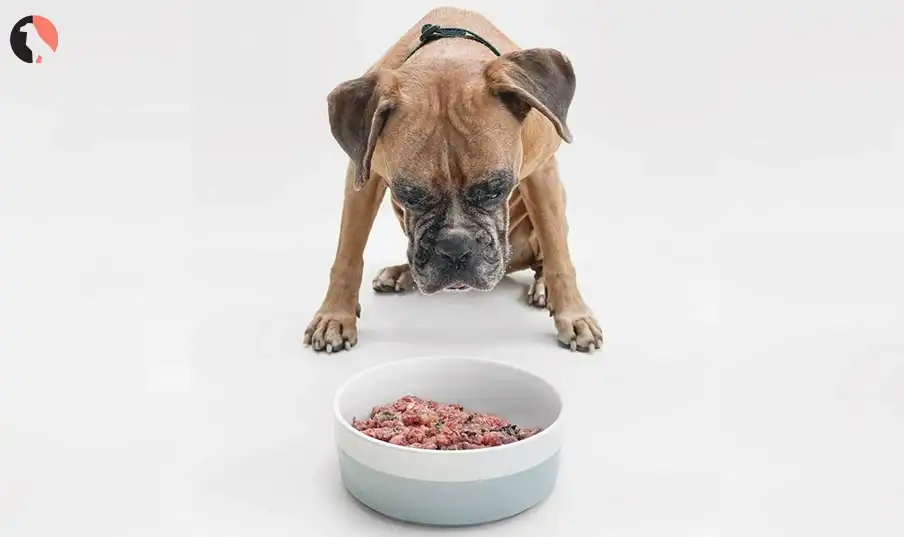
We are going to discuss what kind of meat is the most preferable, how much meat your dog truly requires and whether the meat-only diet is dangerous in the long run.
When you are considering changing of dog food to meat, or simply need to know more about it, this guide will assist you in making the most responsible decision concerning the health of your pet.
Are they carnivores or omnivores?
Dogs have their explanation in wolves, which are meat-eaters (carnivores). That is why a lot of people believe that dogs should be given meat only. However, dogs have evolved. But now dogs are able to consume more than meat since they can digest rice and vegetables as well as small grains. This turns them into omnivores, and this implies that they are able to consume both meat and plants.
Although dogs are found to live on many kinds of food, meat remains a very important one. It provides protein, iron, and vitamins to enable them to grow and remain strong. It does not necessarily mean that meat is only good, and we can eat meat only because dogs can eat meat.
There is a breed of dogs that thrives on more meat, and even others require a combination.
This depends on skin, age, level of activity and health of your dog as well.
Therefore, your dog likes steak, but not everything that can give him remains, and a couple of other things are necessary for him to remain balanced and healthy.
Advantages of a Meat-only Diet on Dogs
Raw, meat-only can be an excellent diet in dog food; however, it must be done properly. Meat is also rich in protein that helps form powerful muscles, rebuild body tissue, and provide your pet dog with loads of energy. Dogs which are on high-protein diets are characterized as having greater amounts of energy to play with or exercise.
Meat also contains useful elements in that it has iron, zinc and B vitamins. They boost the immune system of your pet dog, and these help the body in self-healing and in retaining a shiny coat.
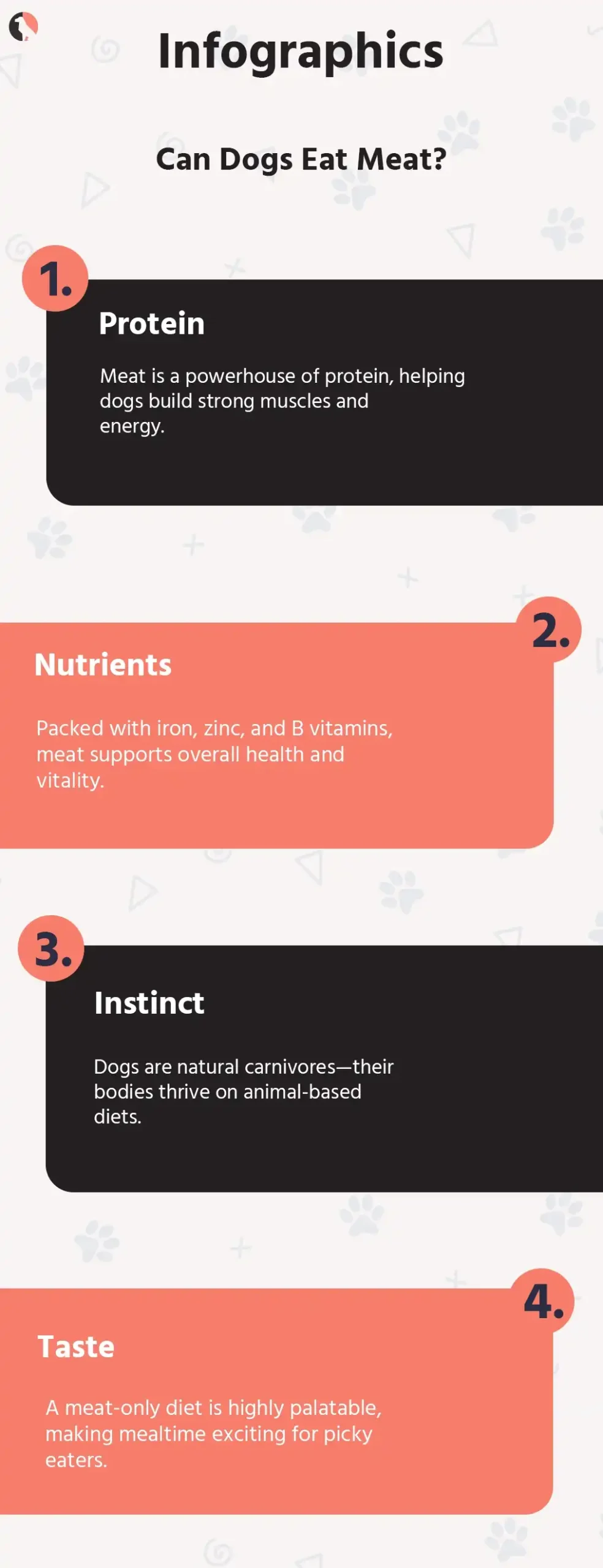
Other owners report a digestion, denser stool and even fewer allergies in a meat-intensive diet. In case your dog has diarrhoea or a sensitive stomach, or has skin problems, it may be possible to change him or her to a clean, all-meat diet, particularly in case he or she has previously had issues with grains or fillers.
In addition, dogs appear to enjoy the flavor of meat! This may be useful when your dog is a fussy eater or needs weight gain.
Nevertheless, meat contains lots of good things, but it might not provide dogs with all that they require. It therefore makes sense to know the advantages and disadvantages of following a meat-only plan.
How much meat should a dog eat per day
How much meat your dog requires will also depend on some factors such as the size, age, the activity of your dog and his general health. Generally speaking, the average dog requires 2-3 percent of its weight in accessible food daily. This means then, that an average-sized dog of 50 pounds will consume approximately 1 to 1.5 pounds of food a day.
When only meat is the food being fed, then be sure it is the right kind (lean meats, chicken, turkey, beef or fish). Eliminate fatty meats or those coated with spices, onions or garlic (which are dangerous to dogs).
Diversity in cuts of meat as well, since that should include muscle meat, some organ meat (such as liver), and occasionally even raw bones in case your diet plan involves raw feeding. This will give your dog a balanced proportion of nutrients.
And a reminder: when you are going to completely change your diet to all-meat, then it is better to consult your vet.
The Dangers and Micronutrient Deficiencies Of Meat For Dog Food
On one hand, there is meat, and it is loaded with all good things such as protein and vitamins, but on the other hand, feeding only meat poses a set of problems over time, provided, of course, that it is not taken with a decent level of responsibility.
Dogs don’t only need proteins. They also require such compounds as fiber, calcium, vitamin D and even other minerals, which they cannot always find in meat. Without these, your dog may have weak bones or poor digestion or low energy.
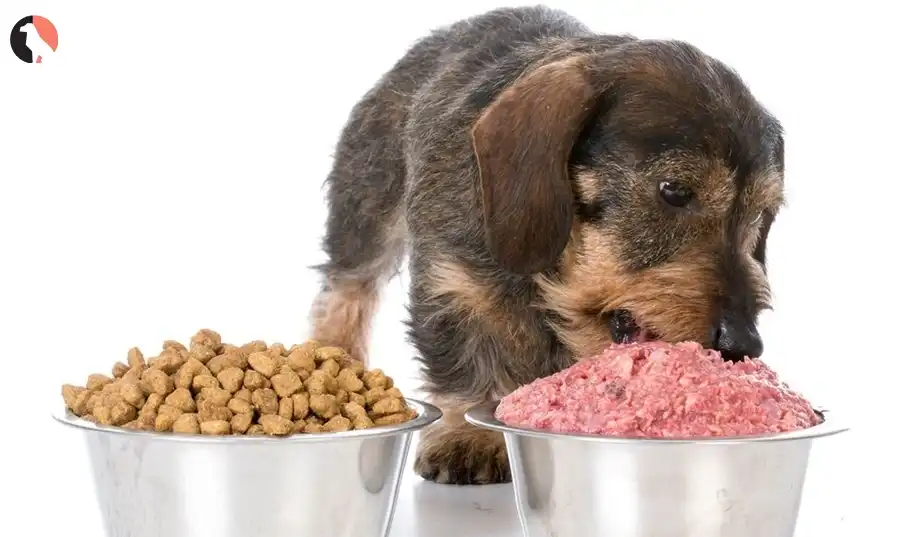
Certain meat, particularly uncooked meat, also contains bacteria such as Salmonella that could make dogs (and humans in general) ill. To minimize this risk, cooking the meat can be of some assistance as well; however, at the same time, the cooking process may also eliminate certain valuable nutrients, and, in the case of bones or organs, especially.
The other threat is daily feeding with the same kind of meat. Diversity is the most important. To balance, dogs must have an equal proportion of muscle meat, organ meat and edible bones (when raw or cooked).
To ensure the safety of a meat-only diet and its healthiness, your dog may need prevention of certain vitamins or nutritional supplements; this is why you need to contact a vet or pet nutritionist every time.
Selecting the Proper Meats To Feed Dogs
Different meats should be distinguished as far as the feeding of your dog is concerned. Some good and others must be restricted or avoided.
Far better is the lean animal protein like chicken, turkey, beef and fish. They are clean protein, and most dogs are easily able to digest them. It is also possible to substitute lamb or duck occasionally.
Is steak good food for dogs? Sure–plain cooked steak, no spice, nut, garlic or onion is all right as an occasional treat. However, it is not supposed to be very fat and greasy. Cut off any other fat before feeding it.
Other healthy foods are organ meats such as liver and kidney that should be given in small quantities since they are highly rich.
Avoid processed meat like sausages or bacon, or deli meat. These, in most cases, are filled with salt, spices and preservatives which are not safe for dogs.
Mainly, one should keep it basic, simple and fresh!














